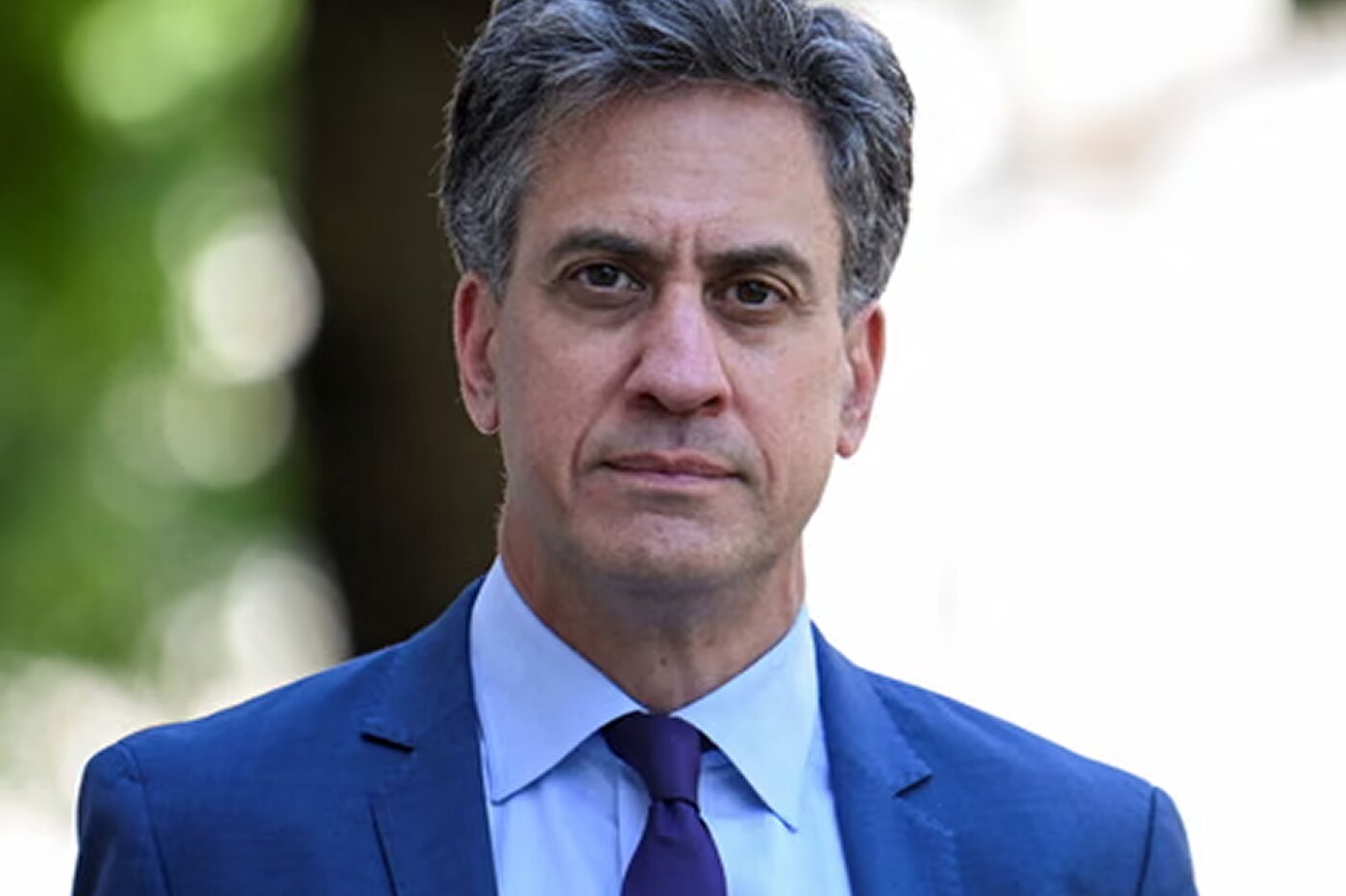Labour’s Mansion Tax Plan Could Hit Cabinet Ministers
Energy Secretary Ed Miliband could face a £15,000 annual tax bill under Labour’s proposed mansion tax, according to new analysis by The Telegraph. The levy, reportedly being considered for the upcoming Budget, would impose a 1% annual charge on the value of properties above £2 million.
Mr Miliband, who owns a £3.5 million London home, would be among those directly impacted. The policy mirrors his own 2015 proposal when he led Labour, pledging the measure would help fund the NHS.
Other Senior Ministers Also Exposed
The analysis also reveals that Home Secretary Yvette Cooper would likely be caught by the levy. Her London property, estimated at £2.5 million, would generate a yearly charge of around £5,000.
Her husband, Ed Balls, who served as Mr Miliband’s Shadow Chancellor, had also supported a similar policy during Labour’s 2015 campaign. Meanwhile, Prime Minister Sir Keir Starmer’s north London home, reportedly valued close to £2 million, could fall within the threshold if prices continue to rise.
Tax Proposal Returns Amid £30bn Fiscal Shortfall
Chancellor Rachel Reeves faces mounting pressure to fill a £30 billion gap in public finances following weak productivity growth and reduced tax receipts. Sources suggest the mansion tax could be one of several measures under consideration to meet fiscal targets without increasing income tax, VAT, or National Insurance.
Housing Secretary Steve Reed declined four times on Monday to rule out introducing the tax in November’s Budget, further fuelling speculation that Labour is preparing to target high-value homeowners.
A Revival of Miliband’s 2015 Plan
The proposed policy closely echoes Labour’s 2015 general election pledge, when Mr Miliband proposed the same 1% levy on properties above £2 million to raise £2.5 billion annually for the NHS.
At the time, Mr Miliband said he was “absolutely happy” to pay the tax himself, insisting that “those with the broadest shoulders should bear the greatest burden.” His London home has reportedly risen around 30% in value since those comments were made.
Concerns Over Fairness and Implementation
Critics of the proposed mansion tax argue it could unfairly penalise homeowners in London and the South East, where property values are disproportionately higher. They warn that the measure risks creating a “London levy”, with an estimated 80% of affected homes located in the region.
Supporters, however, claim it is a fair and progressive way to raise revenue from wealthier individuals without increasing general taxation. Economists note that such a policy could still face administrative challenges in assessing fluctuating property valuations.
Government Keeps Tight-Lipped on Policy Plans
When approached for comment, a Treasury spokesperson declined to confirm or deny whether the mansion tax would be part of the upcoming Budget, saying: “The Chancellor makes tax policy decisions at fiscal events. We do not comment on speculation around future changes to tax policy.”
With the November 26 Budget approaching, the debate over Labour’s mansion tax underscores growing tension within the government as it seeks to balance political promises with fiscal reality.











